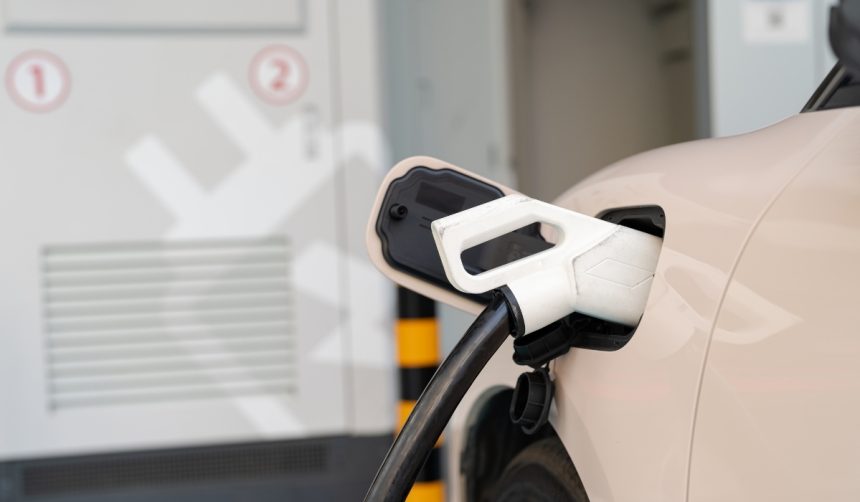General Motors (GM) has decided to extend the timeline for its collaborative electric vehicle (EV) battery factory with Samsung SDI by one year. This adjustment reflects changes in the U.S. EV market, highlighting evolving consumer preferences towards hybrid vehicles. The factory, originally planned to be operational by 2026, will now commence battery cell production in 2027, underscoring the challenges legacy automakers face in the rapidly shifting EV landscape.
In the past, GM and other major automakers have pushed aggressively towards electrification, anticipating a swift consumer transition to pure electric vehicles. However, recent market trends reveal a growing consumer interest in hybrid models, prompting companies like Ford and Hyundai to recalibrate their strategies. Ford, for instance, has delayed its full EV rollout to focus more on hybrids, and Hyundai’s Genesis and Kia brands have captured a significant share of the U.S. EV market. This shift indicates a more cautious and diversified approach among traditional automakers in their transition to electric mobility.
Adjusting to Market Conditions
Several automakers acknowledge that hybrid electric vehicles currently attract more consumer interest than pure EVs. Ford has already adjusted its EV strategy, opting to expand its hybrid lineup while still planning future EV models such as an all-electric pickup truck. Similarly, Tesla has observed a trend towards hybrids among car manufacturers, reflecting consumer purchasing patterns. Despite a 7 percent increase in EV sales in early 2024, many traditional brands struggle to match the appeal of models from Tesla, Rivian, and Lucid.
Contractual Complexities
GM and Samsung SDI’s joint venture will employ 1,600 workers, although specific contractual details remain undisclosed. The United Auto Workers (UAW) union has expressed intentions to include the new plant and its workforce in upcoming negotiations. Employee unionization could hinge on majority agreement or a card check process. Samsung SDI will likely need to negotiate with the UAW and workers regarding unionization before the plant becomes operational.
The evolving EV market landscape poses significant implications for legacy automakers like GM. As consumer preferences shift towards hybrids, automakers must balance their portfolios to remain competitive. GM’s decision to delay the battery plant reflects a strategic response to these market dynamics, emphasizing the need for flexible and adaptive business models in the automotive industry. This move could potentially align with broader industry trends and ensure sustained relevance in a fluctuating market.










